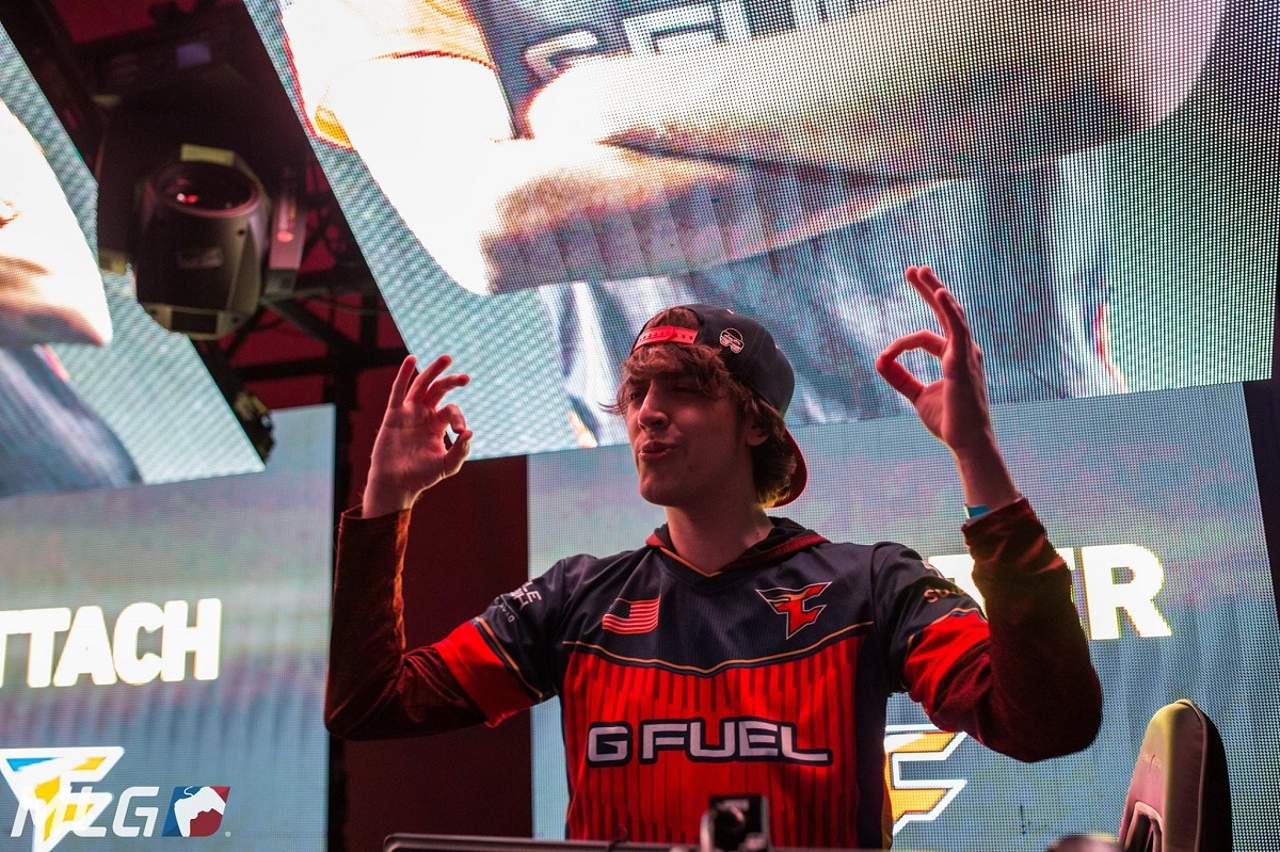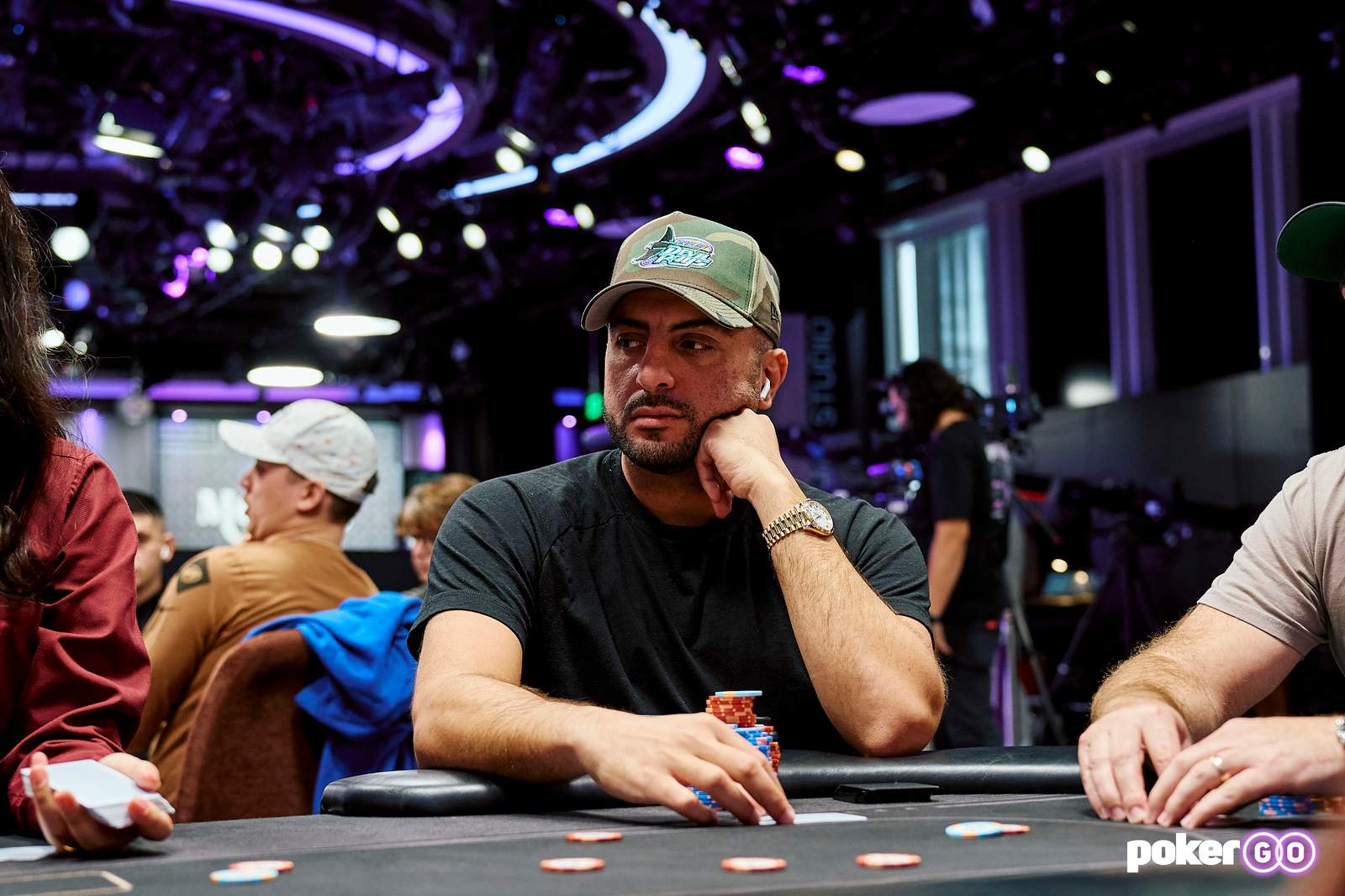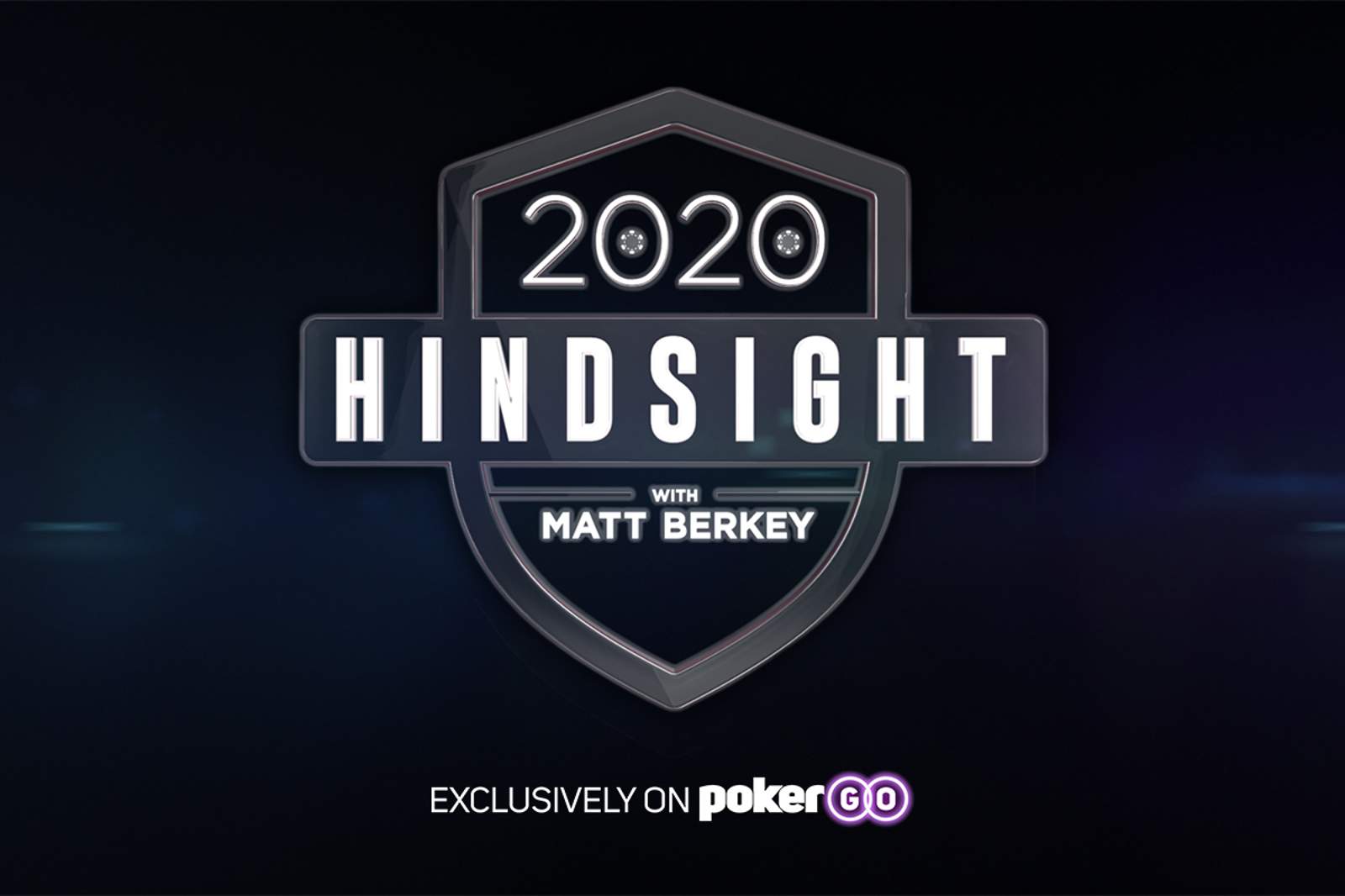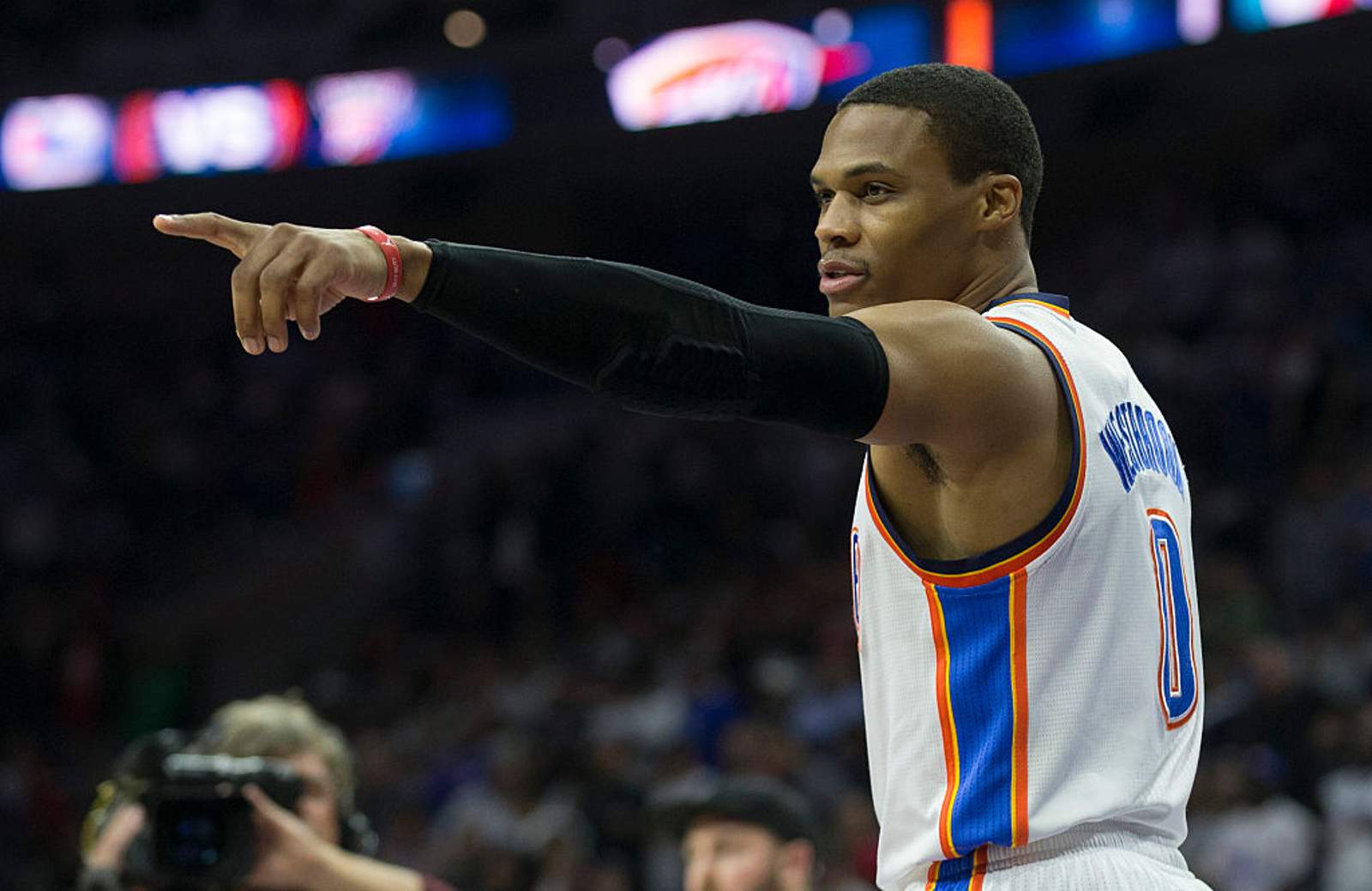Related Articles
The Major League Gaming Call of Duty Atlanta Open brought out the top pros – many of which can’t order a beer. The millennial wave of pros finding success today skipped college for the pro ranks and are only a couple years older than some of their biggest fans.
Tara Coffey loaded up the family car with her two sons, Cade and Lucas, and drove six hours from Wise, Virginia to spend the weekend in the basement of a convention center watching Call of Duty on giant screens. The trip was a Christmas present for Cade, 16, who aspires to turn pro one day soon.
“I don’t know my chances of going pro, but it’s what I want to do,” said Cade. “I play from the time I get home from school until about 11 at night.”
Most parents shoo their kids away from playing video games too much, but Tara said, “I just want to support whatever he wants to do,” Tara said. “As long as he stays caught up in school.”
Cade was happy to autographs from all of Faze Clan and watched OpTic Gaming defeat Pnda Gaming in a close match in the Winner’s bracket.
Turning pro in lieu of college is the growing trend with the industry booming. “At first, my parents did not like it,” said James “Clayster” Eubanks, Captain of Faze Clan. “My mom used to take away my Xbox all the time and they wanted me to go to school.”
“But when that first check came in when I was 17, she realized it was real money and was ok with it,” Eubanks said. “Now they support me to the fullest and I’ve been to college for seven semesters and only one more left before I graduate. I put that on the back-burner for this opportunity but I’ll go back and finish up.
Ellen Elizabeth has been playing professionally on and off since 2010. “My family was supportive – when I first started traveling they didn’t understand,” she said.” I wouldn’t say they were happy about me playing all the time, but I still have a job. It does take playing every night and all my weekends.”
Elizabeth’s teammate Selena “Sully” Martinez said her situation was a little different. “Their support kinda depends, when I’m doing great they’re, ‘Oh that’s amazing’ or whatever, but when it comes to the actual dedication to practice – it gets looked down upon.”
“When I’m in my room playing, they see it as just being in a room for six to eight hours, but I have to explain to them if I was a basketball player I would need all those hours at the gym to practice,” Martinez said. “So, it’s hit and miss for them.”
Related Articles
Million Dollar Men: Daniel Strelitz and Sam Panzica
Daily Fantasy Focus Shifts to Basketball








